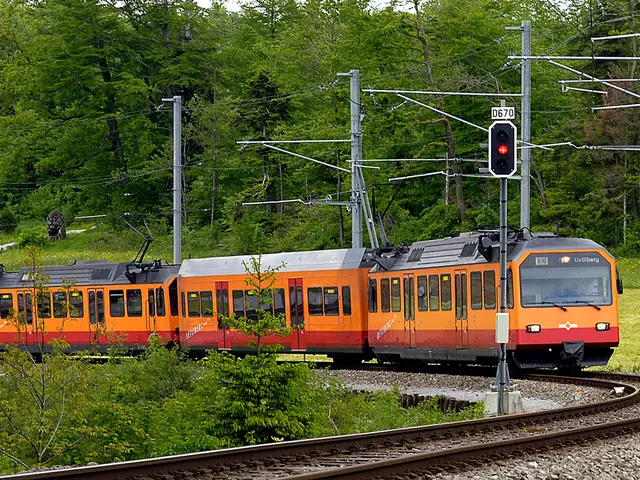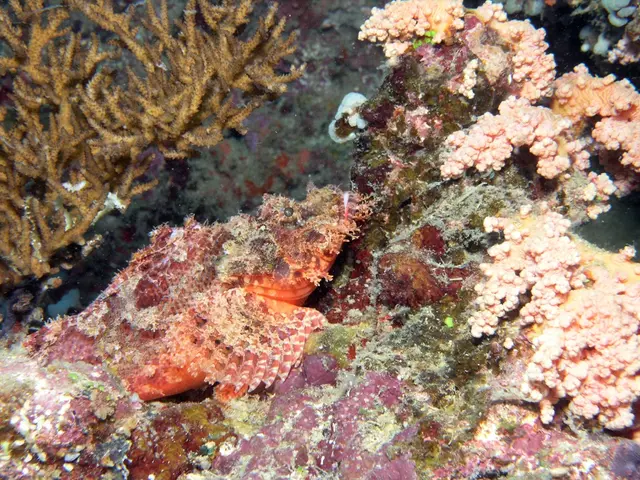Lithuania bolsters its charging infrastructure, yet hurdles persist: "Much work remains undone"
Lithuania is taking significant strides towards a more sustainable mobility future, with the government and private sector working together to promote electric mobility. The country aims to significantly increase the number of zero-emission vehicles on its roads by 2030.
One of the key drivers for this transition is the financial incentives offered by the government. Companies that purchase zero-emission vehicles can benefit from significant tax exemptions, such as the exemption from the 21% Value Added Tax (VAT). Individuals are also supported, with up to 5,000 euros for a new electric car and 2,000 euros for a used one.
The Lithuanian Energy Agency manages funding applications and oversees the implementation of the charging station project, with support from European Union funds under the "NextGenerationEU" programme. The project "Installation of Private EV Charging Access Points" in Lithuania, funded by the European Regional Development Fund, plans to install 53,200 private charging stations in homes, garages, and workplaces by March 2026.
The project is backed by a budget of 44,942,457.71 euros from the "New Generation Lithuania" economic recovery plan. Lithuania already has over 1,500 public charging points across its territory, and the authorities are collaborating with private companies to improve access to electric car charging stations in urban areas and along major highways.
Challenges persist in densely populated urban areas due to limited parking spaces and access to the electricity grid. However, the government is exploring other financing methods, such as the "Connecting Europe Facility" programme, for the expansion of the charging network, particularly along trans-European transport.
The automotive industry in Lithuania is experiencing steady growth in the adoption of electric cars. As of August 2024, a total of 24,291 sustainable cars had been registered, with 14,397 being battery electric vehicles (BEVs) and 9,894 being plug-in hybrid vehicles (PHEVs). The government has set a target to install at least 6,000 charging points by 2030.
The combination of subsidies, favourable government policies, and growing public awareness lays the foundation for significant growth in the adoption of electric cars and the development of the necessary infrastructure to support them. Lithuania is indeed on its way to a greener, more sustainable future.
Read also:
- Latest Edition of Bus-News Magazine Arrives for 2023!
- Testing the Camp Mode of the 2025 Tesla Model Y with Juniper's interior housing two kids, shockingly low CO2 levels were discovered.
- Demonstrating Carbon Storage in Agricultural Forestry through Digital Monitoring and Verification
- EV and Charging Technologies will see broader horizons at SINBON's Battery Show in 2025, as the event aims to push boundaries.








